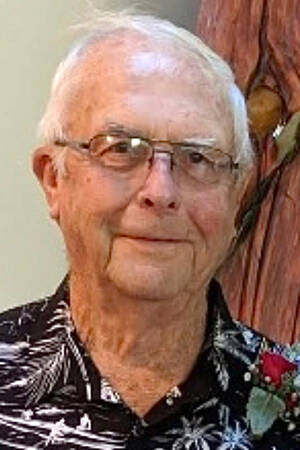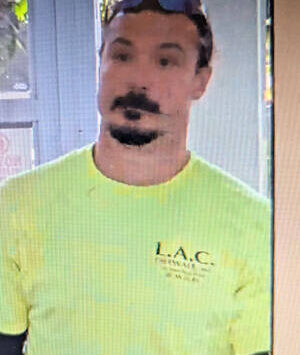OKANOGAN – Courtrooms are not places where you expect to find scenes of celebration and tears of joy. Nor are they a place where you typically see law enforcement officers sitting side by side with defendants. Normally, the opposite is true—sorrow and loss, disappointment and anger in criminal matters. Unless, of course, it’s drug court.
This May, the Okanogan County felony drug court joins over 3000 such programs across Washington and the rest of the country in celebrating National Drug Court Month. This is a time in particular to remind us of the 150,000 individuals in our country who entered the criminal justice system in the last year due to addiction. By entering drug court, many of these people will receive lifesaving treatment and the chance to repair their lives, reconnect with families and find long-term recovery. They avoid the otherwise negative consequences of most criminal proceedings.
Nearly 30 years ago, the first drug court opened its doors with a simple premise: Rather than continue to allow individuals with long histories of addiction and crime to cycle through the justice system at great expense to the public, courts would use the leverage of the justice system to keep defendants engaged in treatment long enough to be successful. Today, therapeutic courts have proven that a combination of accountability and compassion saves lives while also saving valuable resources and reducing exorbitant criminal justice costs. Locally, the Okanogan County Superior Court program celebrates its 13th year in 2019.
One of the reasons drug court is successful is because law enforcement is an active participant in team meetings and court sessions. Police work collaboratively with a judge, prosecutor, defense attorney, treatment providers and case managers instead in an adversarial way to ensure compliance. The link between drug courts and law enforcement is vital for the success of the program participants. Police know what happens on the streets and that information is vital for the integrity of what drug courts are trying to do. Without law enforcement, accountability suffers.
At the same time, participants seeing law enforcement appreciate their efforts to change themselves helps reinforce their desire to change. Through the efforts of Brewster Police Chief Nattalie Cariker, law enforcement from throughout Okanogan County is scheduled to attend most drug court sessions for the year.
Said Chief Cariker, “Okanogan County (felony) Drug Court is an important research based treatment court for the county to utilize to prevent individuals reoffending by addressing their addictions with different services. Law enforcement is a partner of the treatment court by referring, being involved in the team meetings and court proceeding. The goal is for individuals to have a healthy and sober life during and after participation in drug court.”
Small city police departments rotate attendance with the sheriff’s department and other agencies so that no one department has to appear every week for court sessions. Current Drug Court Judge Chris Culp regularly introduces and thanks the officers who attend while reminding participants that law enforcement is supportive of them. At the same time, the presence of police helps reinforce the reality that participants are still in the criminal justice system.
Not all who enter drug court are successful. However, according to data provided by the National Association of Drug Court Professionals, drug court results in up to 58 percent reduction in recidivism while saving the criminal justice system $6,000 on average per participant.
And for those who are successful, the personal rewards are great.
“When I came into Drug Court I was a lost, broken person. … I thought my life was destroyed and I didn’t know how I would ever get back. I am a strong person though, and with the help of Drug Court…I rebuilt my life. I rebuilt it into something much better than what I lost,” said one participant.
Another said, “My entry into Drug Court…has been the catalyst in my ongoing recovery. I needed desperately and am forever grateful for the structure and sense of accountability that this program provided me. Drug Court has shown me the direction to the path I know I must follow for the rest of my life.”
Participant’s observations of their drug court experience confirm Chief Cariker’s statements about drug court and why law enforcement can support it.
“I greatly appreciate law enforcement’s help and support of drug court. For participants to see police officers regularly makes our program so much better,” said Judge Culp.
Drug court sessions are open to the public every Friday at 10 a.m.






